— Hello J.P. and Jelani! —
BALTIMORE, MD – The Maryland Zoo is happy to announce that the two southern white rhinos that made their debut earlier this spring now have official names. Next time you come to the Zoo, please say hello to J.P. and Jelani!
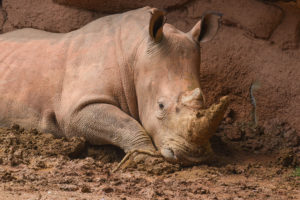
J.P. stands for James Paul, in honor of donor Gabrielle Melka’s father. Jelani, which means great or powerful in Swahili, was the name of choice for donor Arthur Starr. Mr. Starr won the chance to name rhino #33 when he was randomly chosen from all who donated on behalf of the rhinos. Ms. Melka had the winning bid in the Silent Auction during the All for Animals event. In total, $37,500 was raised during these two fundraisers!
“We cannot thank all of the donors enough for their continuing support of the Zoo,” stated Kirby Fowler, president and CEO of the Zoo. “Even though we are coming out of the pandemic, we are still working our way back to financial security. Zoo visitation has been strong, even when the weather grew cold this winter, and these two young, energetic animals are inspiring to watch. Donations help us continue to provide high quality animal care day in and day out, so we are very grateful.”
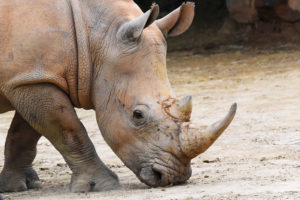
“J.P. and Jelani, both four-years-old, are very agile, intelligent animals,” said Erin Grimm, mammal collection and conservation manager at the Zoo. “They have acclimated well to their new home and their animal care team. We are all really excited to be able to call them by their new names!”
Southern white rhinos are classified as “near threatened” by the IUCN, the world’s leading conservation organization. Their numbers have improved significantly since the early 20th century when they were thought to be extinct, but their future in the wild is far from guaranteed. Southern white rhinos live almost exclusively in the country of South Africa, inhabiting the grassland and savannas.
White rhinos are not, in fact, white. In Afrikaans, a Dutch-based language spoken in many parts of southern Africa where the white rhino lives, the word for wide is “wiet.” Afrikaans speakers referred to the rhino as “wiet” because of its unusually wide, squared-off upper lip. When English speakers moved to South Africa, they apparently misinterpreted what Afrikaans speakers were saying, thinking that the Afrikaans speakers were calling the rhinos “white” when in fact they were saying “wide.” The Maryland Zoo has housed rhinos since the African Watering Hole opened in 1992.

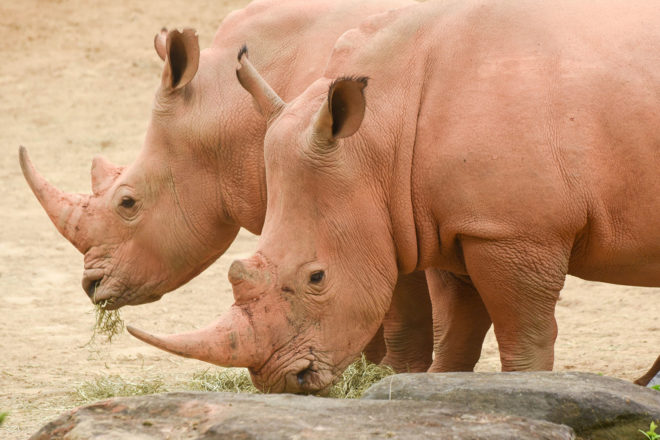
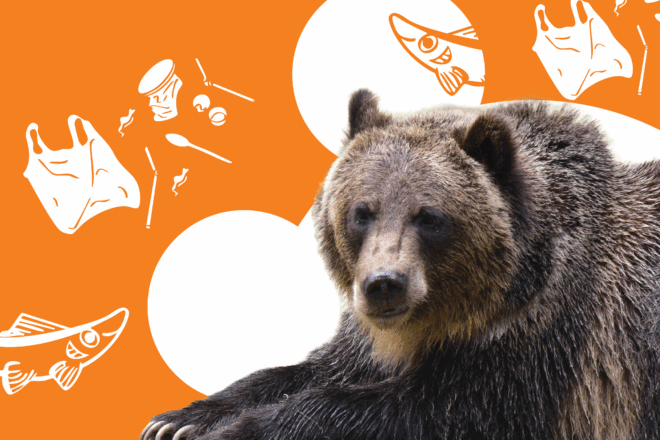
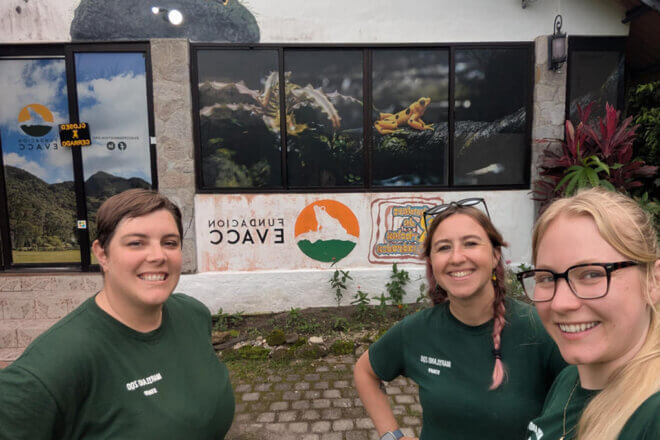
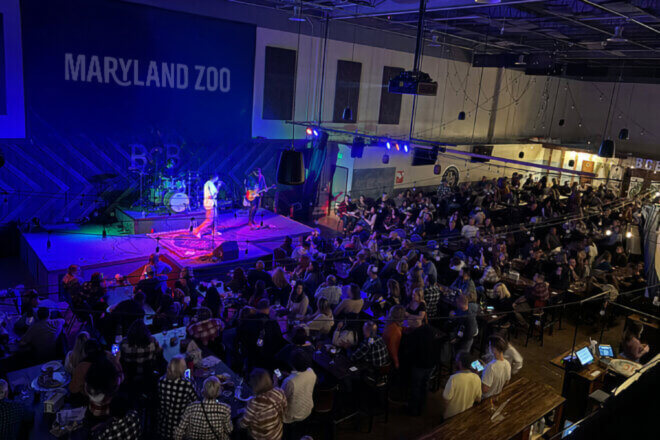
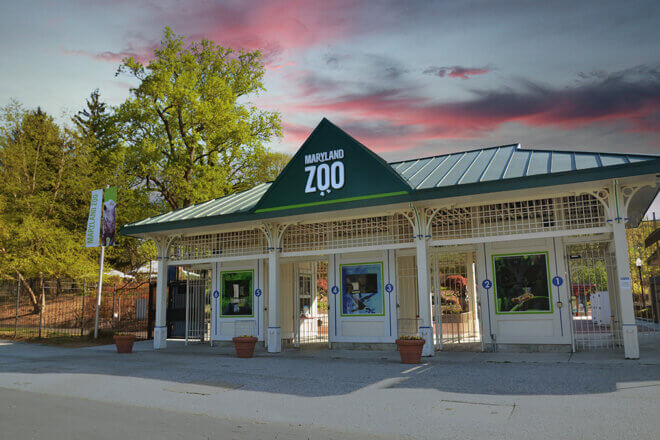
Share this article